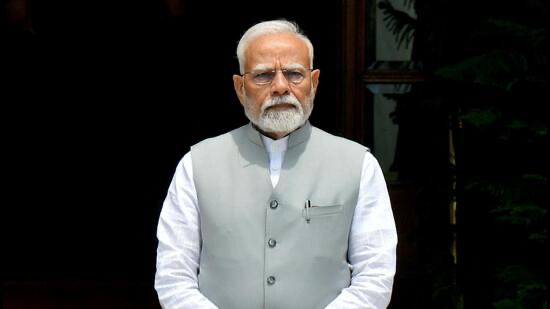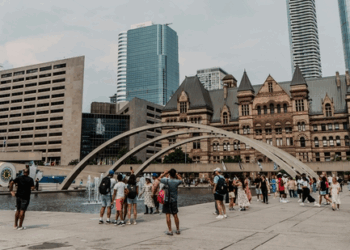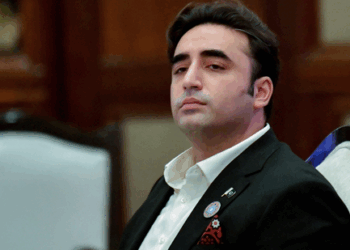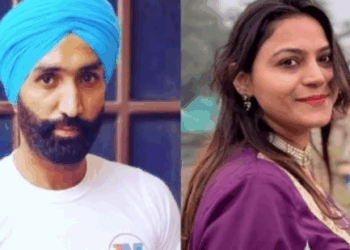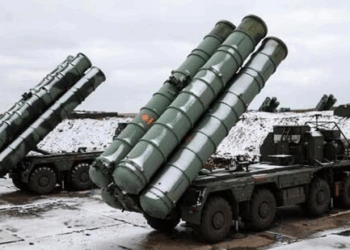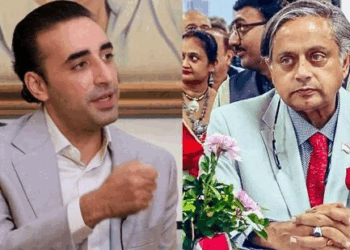Prime Minister Narendra Modi is unlikely to attend the upcoming G7 Summit in Alberta, Canada, scheduled for June 15–17, 2025. This would mark his first absence from the summit since 2019. The Canadian government, led by Prime Minister Mark Carney, has yet to extend an official invitation to Modi, highlighting the ongoing diplomatic strains between the two nations.
The roots of the tension trace back to September 2023, when former Canadian Prime Minister Justin Trudeau alleged that Indian agents were linked to the killing of Khalistani separatist Hardeep Singh Nijjar in British Columbia. India dismissed these claims as “absurd,” leading to a significant diplomatic fallout, including the expulsion of diplomats and a downgrading of bilateral ties.
While Carney’s election victory had initially sparked hopes for a thaw in relations, substantial progress remains elusive.Although private communications between New Delhi and Ottawa have been positive, they have not translated into concrete steps toward reconciliation. The absence of an invitation to Modi underscores the unresolved issues, particularly concerning Canada’s handling of Khalistani activities within its borders.
In contrast, Canada has extended invitations to other nations, including Australia and Ukraine, for the G7 Summit. This selective approach has raised questions about Canada’s diplomatic priorities and its stance on addressing India’s security concerns.
The Indian government has expressed apprehensions about potential protests by Khalistani groups during high-level visits, further complicating the prospects of Modi’s attendance. Additionally, plans for Modi to engage with Canadian business leaders in Calgary have been scaled back, reflecting the broader uncertainty in bilateral relations.
Since 2019, Modi has been a regular participant in the G7’s outreach sessions, invited by host nations such as France, the UK, Germany, Japan, and Italy, recognizing India’s growing global influence. The current situation with Canada marks a notable departure from this trend.
As the summit approaches, the lack of an invitation to India raises critical questions about the future of India-Canada relations and the broader implications for international diplomacy.
Is Canada’s hesitation to invite India to the G7 Summit a missed opportunity for diplomatic reconciliation?



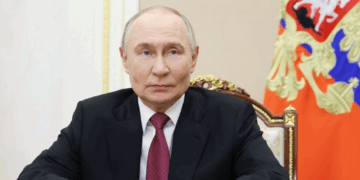




 India
India
